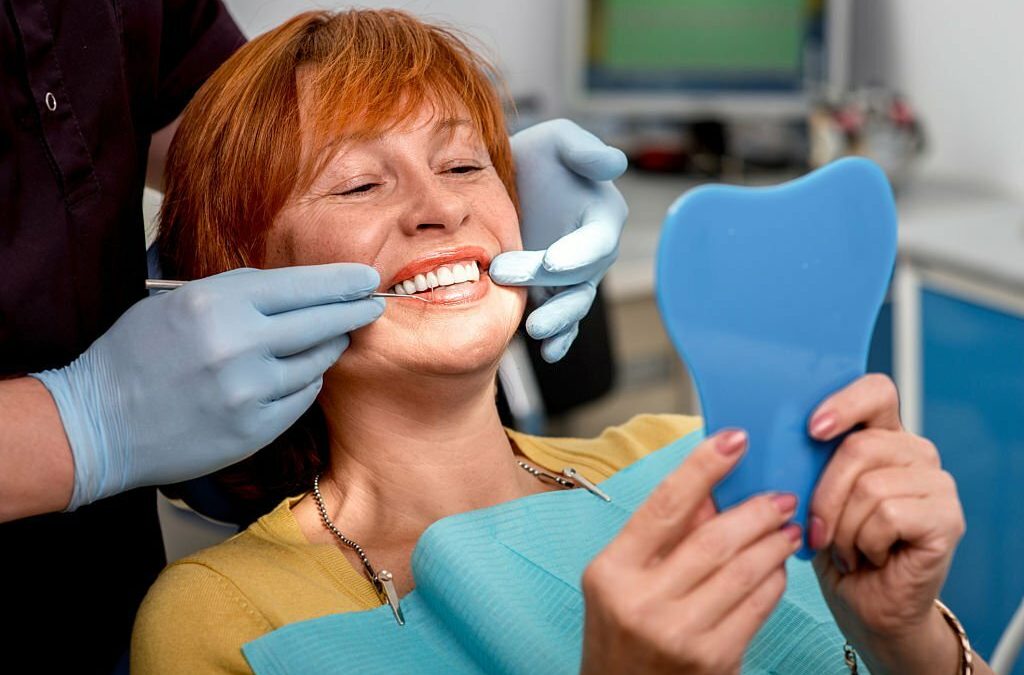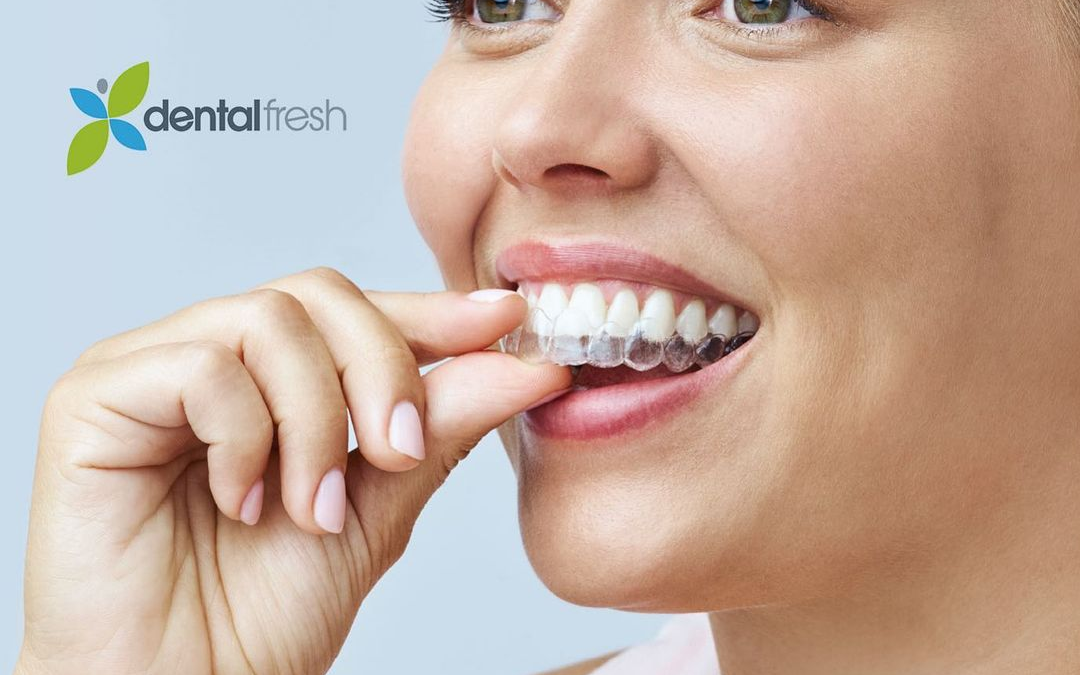
by Emily Whitney | Oct 18, 2023 | Dentures
There’s a preconception about dentures that they are obvious, uncomfortable, and noticeable. While that may have been true of the dentures of yesteryear, these days, modern dentures can look and feel far more natural. Dentures Dentures are a solution available for all...

by Emily Whitney | Oct 10, 2023 | Dental Crowns, Dental Implants
Are you contemplating replacing missing teeth with dental implants and curious about the cost? In this blog, Dental Fresh aims to remove the mystery around dental implant costs in Sydney and guide you towards making an educated decision about this procedure....

by Emily Whitney | Sep 21, 2023 | Dental Crowns, Children's Dentistry, Clear Aligners
Clear aligners are one of the most popular choices for patients who want an alternative to straightening their teeth without unsightly metal brackets and wires. With the advancements in cosmetic dentistry services, there are now more options to improve one’s smile. In...
by Emily Whitney | Mar 6, 2023 | Teeth Whitening
Do you want to freshen up the appearance of your teeth? Perhaps you’re considering teeth whitening to achieve fresh white teeth but are unsure if you’re a good candidate for the treatment? In this blog, Dental Fresh shares some qualities that make a person an ideal...
by Emily Whitney | Mar 2, 2023 | Uncategorized
Dentures are a common solution for people who have lost one or more of their natural teeth. They are designed to replace missing teeth, improving both your appearance and your ability to speak and eat. However, with so many different types of dentures available, it...




